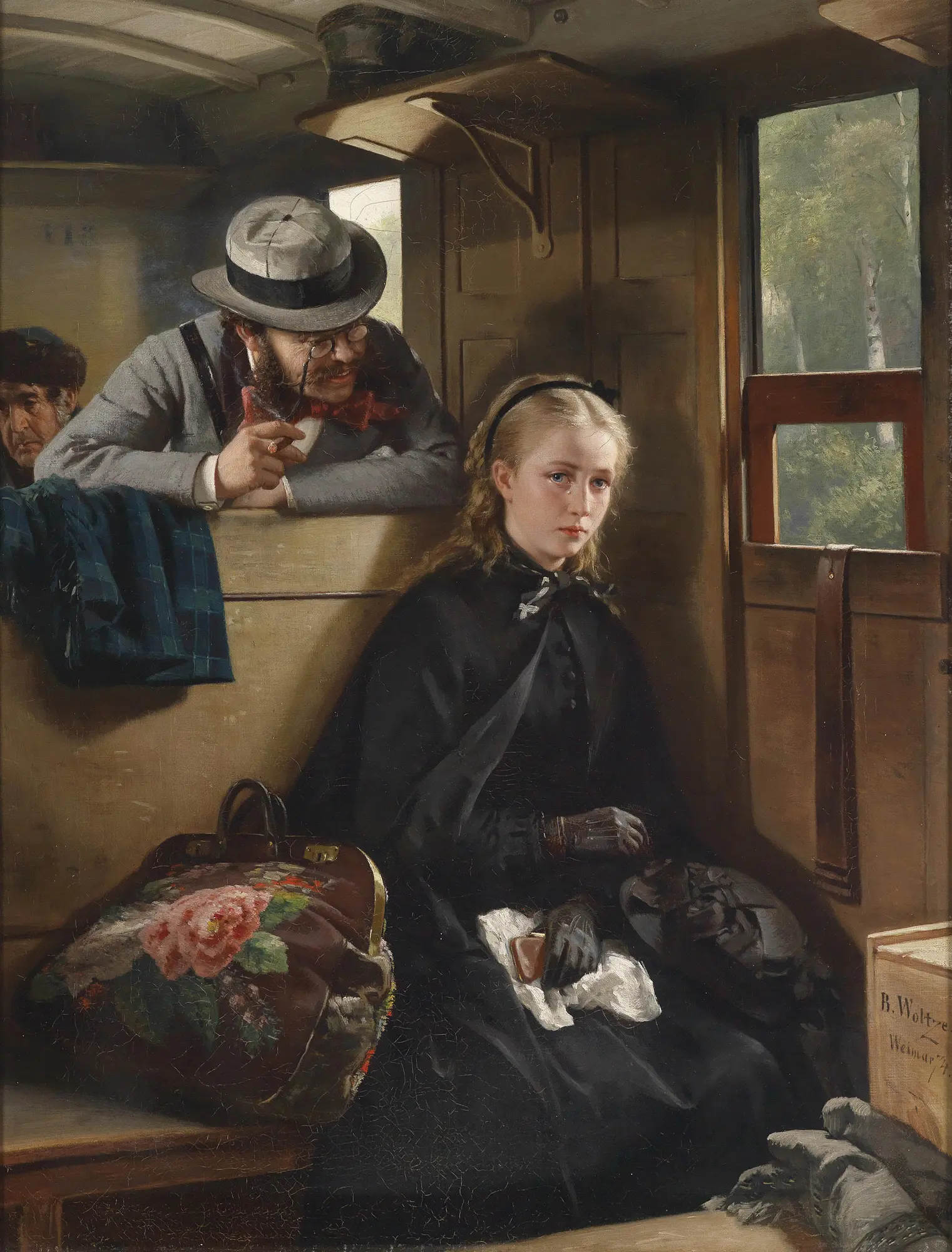Reformed Anthropology began with a group of believers who wanted to discuss the modern complementarian movement, its strengths and weaknesses, and its compatibility or incompatibility with Reformed and confessional thought. From there, deeper questions emerged. What does it mean to be a man? A woman? Ultimately, what does it mean to be human? As we talked, studied, and shared resources, the desire to build a resource library about Christian anthropology was born. More specifically, we wanted to compile confessional resources about anthropology.
In a fantastic article, Scott Swain identified some of the challenges facing modern believers, namely, a lack of focus on the Church’s historical teaching on anthropology. While the modern church lacks a unified anthropological creed, it “does not lack anthropological resources.”
Though the Christian Church does not present a single, unified voice on what it means to be human, it nevertheless contains a substantial body of theological reflection on anthropology that exhibits striking family resemblances across many centuries and many theological traditions. The Church did not begin thinking about anthropology at the turn of the third millennium. Rather, ordered by the light of its teaching on the triune God and in the context of its teaching about creation and sin, grace and glory, church and society, the Christian tradition has a wealth of resources to contribute to theological anthropology today.
From the earliest days of the faith, believers have affirmed key truths about human nature through Christian creeds such as the Apostles’ Creed, the Nicene Creed, and the Athanasian Creed. These statements remind us that humanity is not self-created but made by God, fallen in sin, and redeemed in Christ. Later, the Protestant Reformers expanded on these truths, producing rich theological reflections found in the Heidelberg Catechism, the Belgic Confession, the Baptist Confession, and the Articles of Religion. Though these documents differ in scope and emphasis, they all reflect a deep concern with the nature of humanity, sin, and salvation.
The way past this sort of “theological amnesia,” Swain says, is “theological remembrance”:
This is what “ressourcement” is all about: retrieving theological riches of the past for the sake of the church’s renewal in the present. Resourcing theological anthropology can contribute to rethinking theological anthropology beyond the stunted, sometimes inane proposals of the evangelical right and the evangelical left, thereby contributing to a much-needed renewal of theological anthropology today. More important than that, by contributing to the renewal of the Christian mind (Romans 12:2), resourcing and rethinking theological anthropology can contribute to the renewal of the creature made and remade in God’s image in the midst of a culture that threatens to degrade, diminish, and destroy it at every turn.
Thus, engaging with the confessions and catechisms of the past is not merely an academic exercise; it is a means of recovering a biblically faithful anthropology.
The challenge is, of course, to avoid cherry-picking those positions with which we agree while ignoring those things we don’t care to acknowledge. We must, as far as we are able, step outside of our own context and try to take a broader view of anthropology. This is where Dr. Swain’s idea of “ressourcement” can help. The purpose here is not to have others dictate our beliefs; rather, the goal is to provide a starting place for our own studies.
One way to guard against theological cherry-picking is to root our understanding of humanity in the historic statements of faith of the Church. Whether in the Belgic Confession, the Apostles’ Creed, or the Articles of Religion, we find a theological anthropology shaped by the wisdom of the ages rather than the fleeting opinions of the moment. These confessions were written in times of great controversy, by believers who thought deeply and wrestled faithfully with the issues of their age. You might even see this tension reflected in various resources on this site. Among others, we see Bavinck and his evolving views of culture and of the world, and Warfield and his consideration of an old earth. May we face our modern-day issues with the same theological rigor, love of the brethren, and ultimate faithfulness to Christ.
This site features numerous categories. At surface level, some of these categories may appear disjointed, having nothing at all to do with anthropology. Yet how often do we see things like abuse and divorce lead to questions of human worth, human existence, and ultimately, the character and nature of God Himself? Abuse in the church has been cited as a factor in the current trend toward deconstruction. Other topics, such as the doctrine of the Trinity, have been controversially tied to human ontology.
Indeed, Christians have not been immune from the effects of a faulty anthropology. The Christian Church has long recognized that our understanding of human nature impacts everything—from how we treat one another to how we view God. The Nicene Creed affirms Christ as fully God and fully man, reinforcing the significance of human nature in relation to Christ. The Heidelberg Catechism reminds us that our only comfort in life and in death is that we belong to our faithful Savior. These are not abstract theological ideas; they shape how we live, suffer, and hope.
For these reasons and more, we’ve opted to include related categories in our Resource Library. Our goal is not merely to discuss anthropology as an isolated doctrine but to show how it connects to the entire scope of Christian theology. In doing so, we hope to encourage a deeper, richer understanding of what it means to be human in light of God’s revelation.
